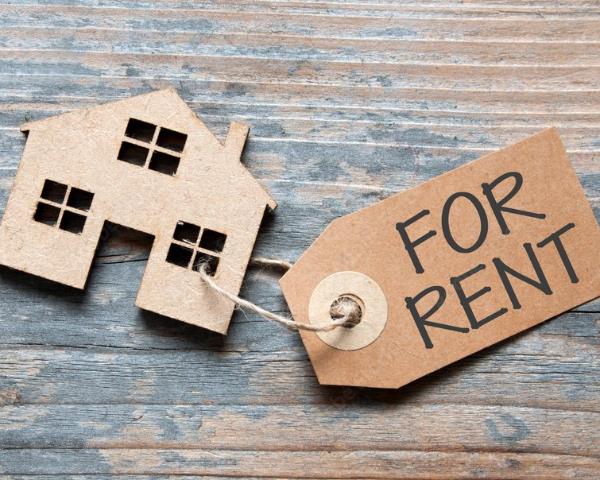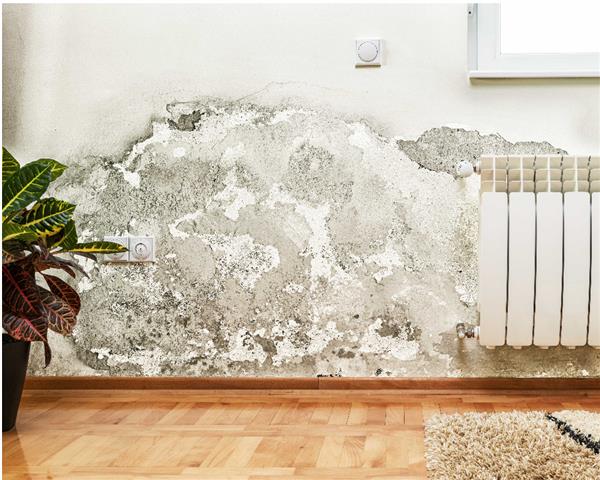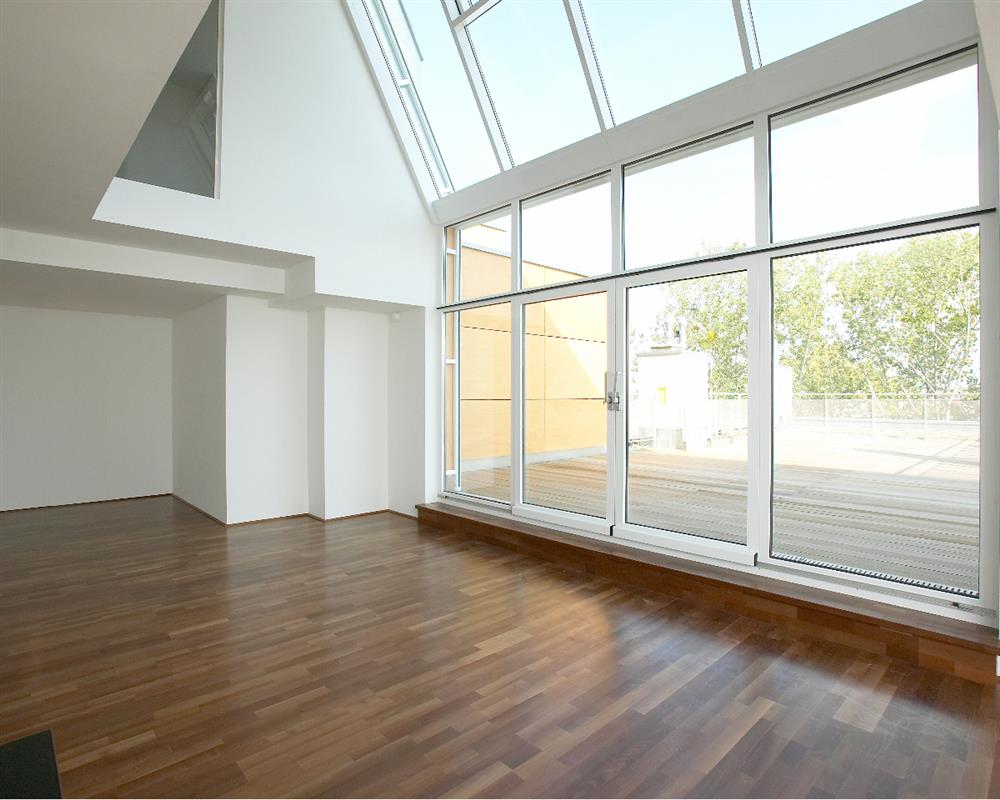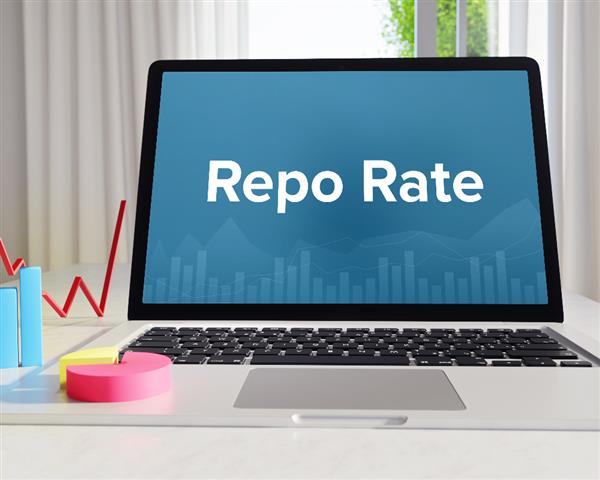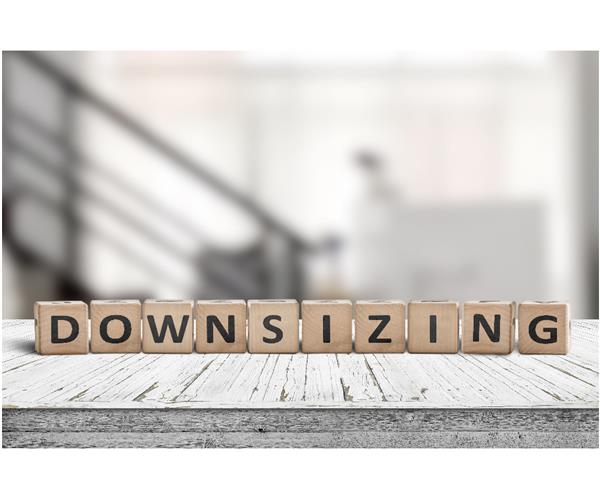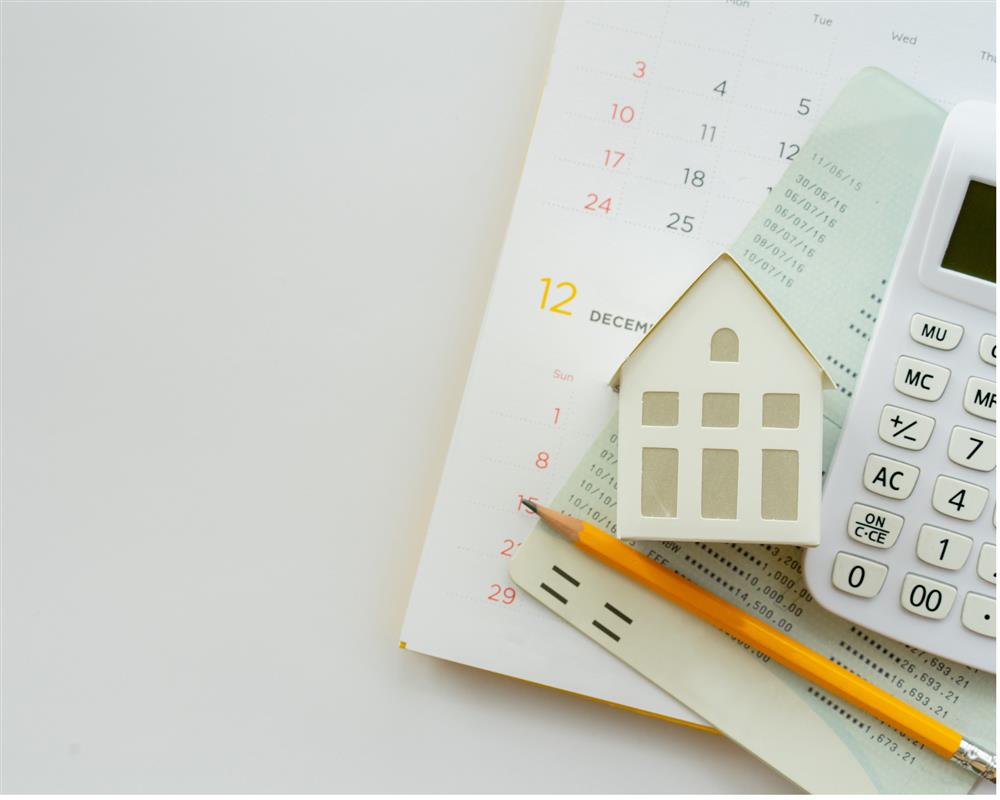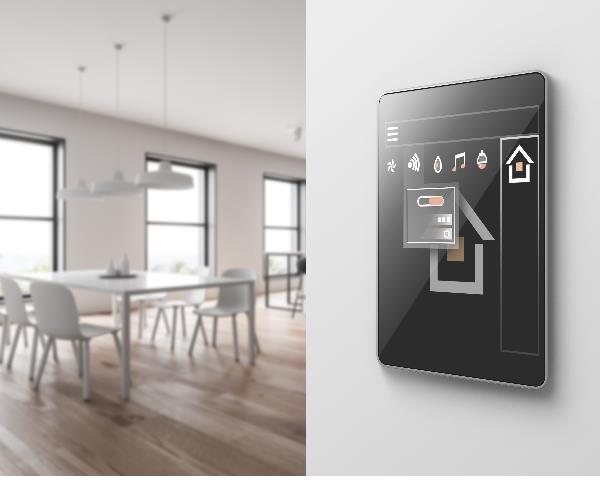
If you are reading this then that means you are thinking of or have decided to invest in property. Property is a great investment; it is however good to know what you are signing up for when you buy to let.
Why Now is a Good Time to Buy Property as an Investment
The South African Reserve Bank held its benchmark repo rate unchanged at a record low of 3.5% during its September meeting, as widely expected. It is a buyers’ market, and this is set to continue for at least 18-months.
The Benefits of Investing in Property:
-
Property is a solid, tangible investment with relatively low risk. Essentially you are building wealth without putting in a huge upfront investment, should you finance the purchase via a mortgage bond.
-
Property usually appreciates over time; therefore, you should be able to sell for more than you bought for. Property appreciation also warrants annual rental increases. Therefore, property investment is a great hedge against inflation.
-
A tenant essentially pays most of the bond while you reap the long-term reward. Once the property is paid up, you will start earning passive income on the property. When held long term it’s a low-risk high return investment.
-
Under the Income Tax Act, if you own at least five new and unused (meaning new developments that have never been occupied) residential properties situated in South Africa, you will be allowed to claim an annual allowance of five percent of the purchase price as a tax deduction, as long as you are letting out the properties.
The Risks of Investing in Property
-
It takes time before you make a profit, be prepared to cover some of the costs involved in property ownership for the first few years to supplement rental income as your property appreciates.
-
Maintenance and upkeep costs are a reality of property ownership, you need to have cash flow for unforeseeable scenarios.
-
Make financial provision for periods where the property may be vacant. There may be a delay between a previous tenant vacating and securing a new tenant. You will need to be able to cover the rates, levies, water & lights and most importantly your bond repayment.
-
Take “special levies” into account if or when they arise. If your property investment is sectional title (apartments, clusters, townhouses, flats), there may be at some point be special levies that arise due to complex/building maintenance or improvements. This means that for a period the levies will increase to cover the costs.
-
The risk of damage by the tenant that is not sufficiently covered by the deposit they paid.
Now That You are Informed of The Risks and Rewards of Property Investment, Let’s Get Started with Finding and Purchasing Your First Investment Property
STEP 1: Determine How Much You Want to Spend on this Investment and How You want to Purchase it:
Be realistic about the size of the investment that you would like to make. If you require a mortgage bond or loan, you will need to qualify for it. Start thinking about the type of property you would like to buy and research areas and rental demand.
There are 3 ways in which you can purchase investment property:
-
In your individual capacity. This means the property will be in your name.
-
In a company or close corporation. The property will be in the name of the company.
-
In a trust. The property will belong to the trust.
Research these options as the all have pros and cons, esp from a tax and cost perspective. Get an expert to advise you if needed.
STEP 2: Find out What You Can Afford and Your Lending Capacity (If you are buying the property cash you can skip this step)
First things first, contact a Bond Originator to do a pre-qualification. We recommend ooba home loans, they are fast and efficient. Here you will be able to calculate an estimate of what loan you possibly qualify for - https://www.ooba.co.za/home-loan/bond-calculator/.
Once you have an idea contact an ooba home loan expert to get your pre-approval started - https://www.ooba.co.za/home-loan/prequalify/#speak-to-an-expert. Once you have the pre-approval and you know what you are in for you can comfortably start the hunt for your dream investment property.
STEP 3: Finding Your Perfect Investment Property:
You need to consider the area you are purchasing in. The first step is to do some research on the area you have in mind. What about the area adds value to property?
Consider the following:
-
Property prices in the area
-
How much buying/selling activity there is in the area
-
How long properties have been on or typically stay on the market in this area
-
Crime statistics in the area
-
Proximity to schools, work hubs, centers, services and main arteries
-
The main demographic and the income bracket that is prevalent in the area (this is an important factor as it will
-
largely determine the type of tenant you will attract e.g. single professionals, small families, students etc.
-
Rental demand in the area.
Once you have decided on the area where you will be purchasing your investment in, you will need to compare the prices of different properties to establish the best fit for you.
Comparing prices
You could either make use of the services of an Estate Agent or you could do a little homework yourself by browsing the internet. Choose a few property sites, preferably some of the more prominent ones e.g. Private Property or Property 24, start by selecting the properties which are in your price range and then compare the features; number of bedrooms & bathrooms; number of reception areas; garden/pool; security features; Erf size.
This should give you a fairly good idea of what you can expect to pay in your area of choice. Working with an Estate Agent is highly recommended as they will be knowledgeable about the area and will be able to guide you in finding the right property at the right price.
STEP 4: Take All Costs into Consideration
Once off costs:
-
Deposit (will not always be necessary)
-
Bond costs, Transfer costs, initiation costs, possible levy deposit if your purchase a sectional title unit
-
Municipal rates & taxes deposit
Regular monthly costs:
-
Repayment of home loan (you should be able to cover your bond repayments if the property is vacant or the tenant absconds).
-
Insurance on the property.
-
Life insurance to cover the bond.
-
Monthly levies in respect of sectional title property.
-
Rates and Taxes.
-
Electricity and water (usually charged to the tenant but if the property is vacant the bill will still fall on you).
-
Maintaining the residence.
-
Repairing damages to the property.
-
A small management fee should you choose to have the property managed but a reputable agency.
To find your prefect investment property go to:https://www.etchellsandyoung.co.za/property-search/properties-for-sale
STEP 5: Signing an offer to purchase: (You Have Found the Right Property and Now it is Time to Put Pen to Paper). An offer to purchase is an agreement that stipulates the terms and conditions of the property transaction. Everything that is agreed upon must be contained in the offer.
This will cover things such as:
-
The purchase price that has been agreed upon
-
Any conditions of sale, e.g. that the purchase price is dependent on the buyer getting a bond or selling a property.
-
The deposit payable (if there is one)
-
Fixtures and fittings that are part of the sales agreement e.g. fireplace, air-conditioning units, satellite dish, carports etc.
-
That the seller declares that to the best of his knowledge, the house is structurally sound and fit for occupation.
-
Approved house plans, if available.
-
If the building or property was recently built, a copy of the NHBRC certificate and an occupation certificate may need to be provided.
-
A copy of the electrical compliance certificate. Compliance in respect of electricity, gas and electric fencing must be adhered to.
-
Any special conditions as agreed upon by seller and purchaser.
-
Any resolutive conditions agreed upon by seller and purchaser.
-
The terms of any lease already in place for the property.
-
The occupation date of the property once registered or the proposed occupation date with an agreed upon occupational rental.
STEP 6: Applying for the bond (skip this step if you are a cash buyer)
Requirements:
-
A good credit score. A full credit check will be done by the institution.
-
Financially stable. The bank will request income statements detailing all monthly income and expenses. The expected rental income on the property will play a role in determining your affordability however, most retail banks are not likely to take this into account if you are a first-time investor. Should they decide to take this into account (differs from bank to bank) they will only consider a portion of the rental income.
Ensure you have all your documentation ready, here’s what you will need:All Applicants:
-
A copy of your ID document
-
A copy of the offer containing seller's & purchaser's details
-
Proof of income
-
Payslip (not older than 2 months) or a letter from your employer
-
If you are self-employed then you will need a letter from an accounting officer confirming your income, or a statement of assets and liabilities
-
6 months bank statements
Companies / Close Corporations / Trusts:
-
Copy of financial statements. You may be required to produce a full set of financials e.g. balance sheet, income statements, which must be signed by the auditor.
-
Details of all the directors and members.
-
Founding statement of the close corporation, Close corporation certificate, Company certificate
-
A copy of the Trust Deed, Memorandum and Articles of Association
-
A resolution by the directors, members of companies, close corporations or trustees advising who may sign the home loan application or pre-approval for the purchase of the property.
STEP 7: Placing a tenant
Congratulations, your bond has been approved and the offer has been fulfilled. Now we have 3 scenarios:
Scenario #1
The property is occupied by the seller, and you will only be able to place your tenant once the registration and transfer has taken place and the current occupant has vacated. In this case it would be wise to agree a specific occupation date with the seller (you will have to pay occupational rent), irrespective of if transfer has taken place, so that you know exactly when you can place a tenant. In this case you can go ahead with finding a reputable rental agent in the area where the property is situated and start advertising for a tenant.
Scenario #2
The property is unoccupied at the time of purchase, but the transfer is yet to take place. It is possible to place a tenant during this time. This will need to be agreed upon by the seller and be a special condition in the offer to purchase, you will likely pay occupational rent to the seller but no matter as this should be covered by the rental paid by your tenant. Again, your best way forward is to make use of the services of a reputable rental agent that knows the area well and is experienced in rentals.
Scenario #3
The property was bought off plan and is yet to be built/completed. When you buy a property off plan you will usually need to put a deposit down. The deposit will be held in an interest-bearing account. When the building is complete and the Developer has obtained an occupation certificate, it can be transferred or handed over to you. You will then be able to go ahead with placing a tenant.
Choosing The Right Rental Agent To Rent And Manage Your PropertyEnsure that the agent has a valid fidelity fund certificate and is operating in line with S.A Property Legislation. To ensure they are in possession of a valid fidelity fund certificate you can do a search here:
https://www.eaab.org.za/home - search under “Find an Agent” or “Find an Agency”
Another good idea is to browse the website of the agency you have chosen, this should give you a better idea of who you are entrusting the rental of your property to. Check out https://www.etchellsandyoung.co.za/rental-agents
There is such a thing as perfect on paper. Before you decide on an agent, ask for reviews from other clients. Most reputable agencies should have at least a few reviews from previous clients.
What is Rental Management?
Rental Management means that Etchells & Young manages the day-to-day aspects of your rental property and takes the “hassle” out of your hands. We deal with all aspects relating to your tenant such as collecting the rental, dealing with maintenance queries, liaising with the body corporate and then, subject to your requirements, paying levies, water & electricity etc on your behalf before paying the balance of the rental over to you. We also manage the financial aspects of your rental and are able to do full reconciliations of your account.
Check out our Rental Management Services


















































![What is POPIA? [Part 1]](https://s3.entegral.net/news/Thumbnail_2021_10_18_11_53_39_403.jpeg)









